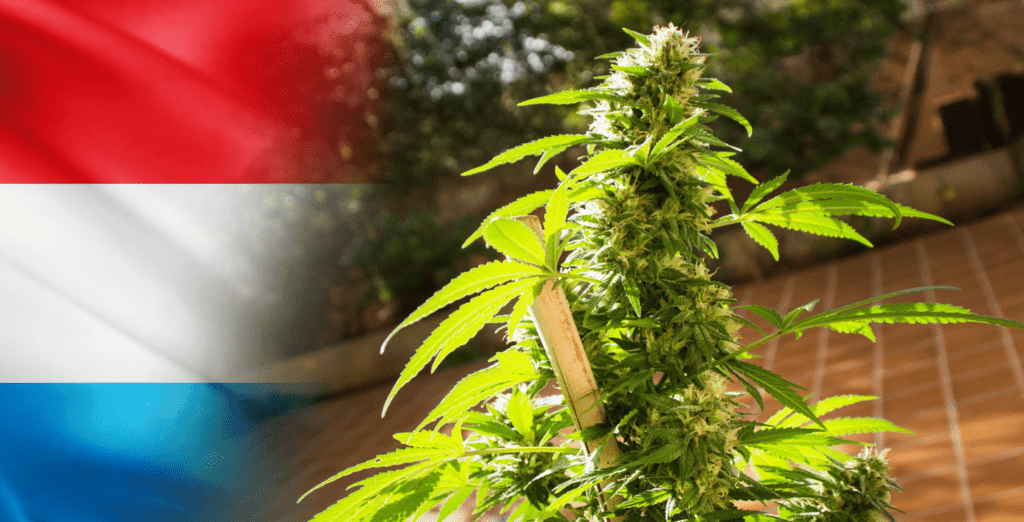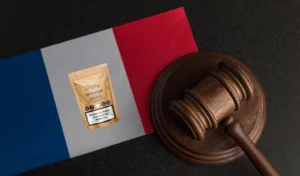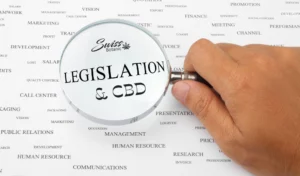For the first time in Europe, Luxembourg has passed laws that will allow residents aged 18 and over to legally grow up to four cannabis plants in their home or garden, exclusively for personal use.
The Grand Duchy of Luxembourg joins only two other countries in the world – Uruguay and Canada – and 11 American states that have legalized the cultivation and distribution of cannabis.
A milestone in Europe
According to Friday’s announcement by the Luxembourg government, the new legislation aims to tackle the problem of drug-related crime by introducing fundamental changes to the country’s approach to the recreational use and cultivation of cannabis.
The small but powerful European country’s decision to legalize the production and consumption of this drug is a milestone on the continent, where even the Netherlands, which paradoxically allows the sale and consumption of cannabis in authorized coffee shops, prohibits its possession and sale.
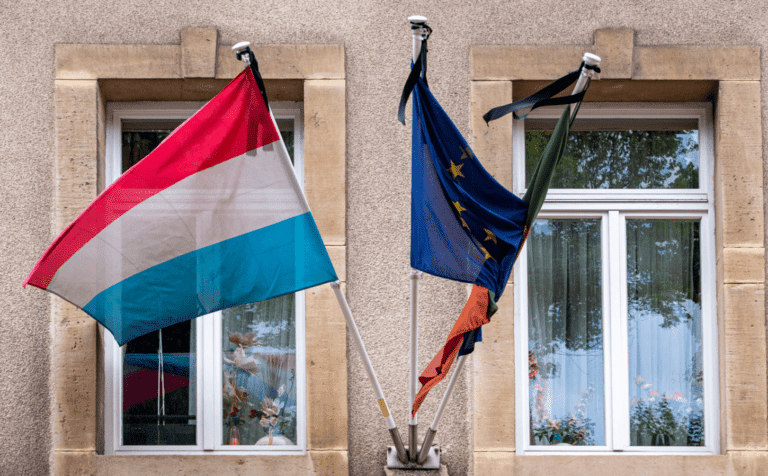
Consequential measures
“Luxembourg will tolerate cannabis cultivation,” trumpets The Luxembourger Wort, the country’s leading daily newspaper.
“A first in Europe! The Ministers of Justice and Internal Security announced this Friday morning that each Luxembourg household will be allowed four cannabis plants”, adds the newspaper.
Consumption will only be legal within the home, although fines for possession of up to three grams in public will be considerably reduced, from the current fine of 2,500 euros to just 25 euros.
The sale of cannabis seeds will also be possible in stores and online, with no limit on the level of tetrahydrocannabinol (THC), the psychoactive component of cannabis.
The current coalition government’s more ambitious plan to decriminalize cannabis had been rejected many times in the past, mainly due to international pressure, according to local media.
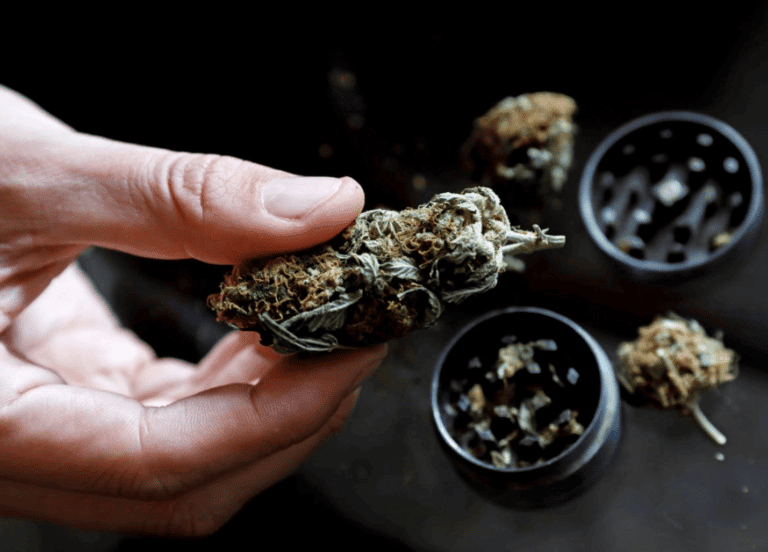
Paving the way for state-regulated production
The official announcement was made on Friday October 22 by the Minister of Justice, Sam Tanson, at a press conference on reducing drug-related crime.
According to the Minister, the new measures on national production and consumption are the first steps towards state-regulated production and distribution, with revenues used for addiction prevention, education and healthcare.
This is “ a first step in our project to legalize recreational cannabis “said Mr. Tanson. Further measures will be taken in 2023.
“We thought we had to act,” he said.“We have a problem with drugs, and cannabis is the most widely used drug and represents a large part of the illegal market.”
“We want to start by allowing people to grow it at home. The idea is that consumers should not be in an illegal situation if they consume cannabis, and that we should not support the whole illegal chain, from production to transport to sale, where a lot of misery is attached. We want to do everything in our power to ensure that more and more people stay away from the illegal black market..”
The legislation still has to be passed by the Chamber of Deputies, and should come into force in early 2022.
